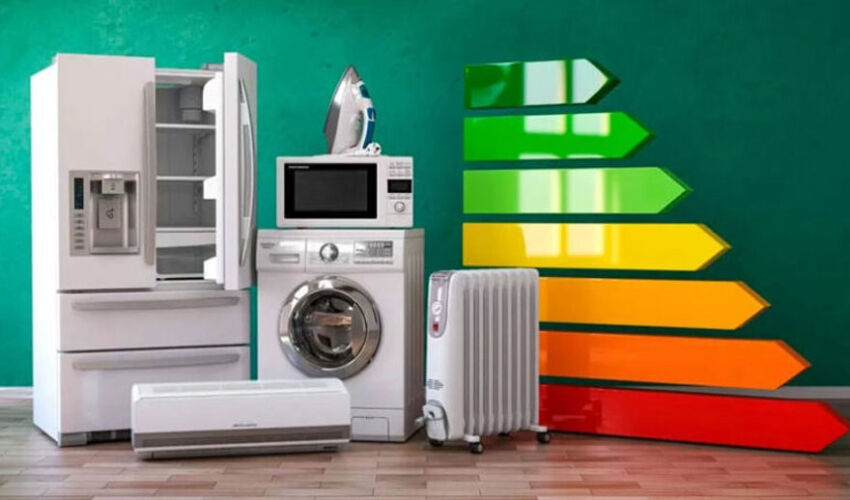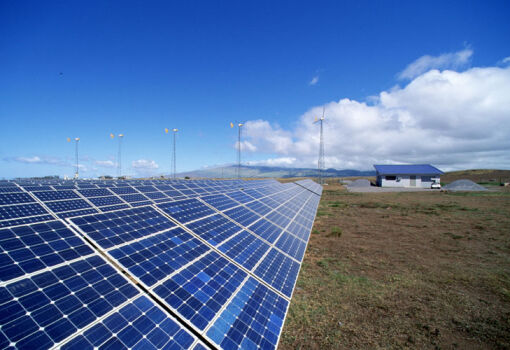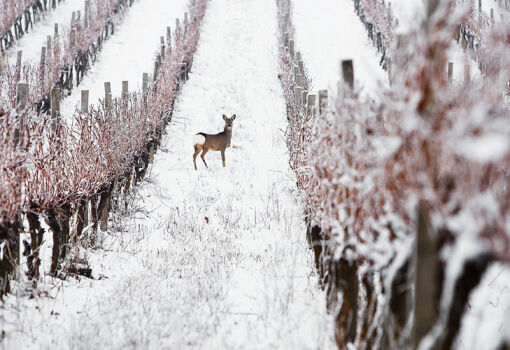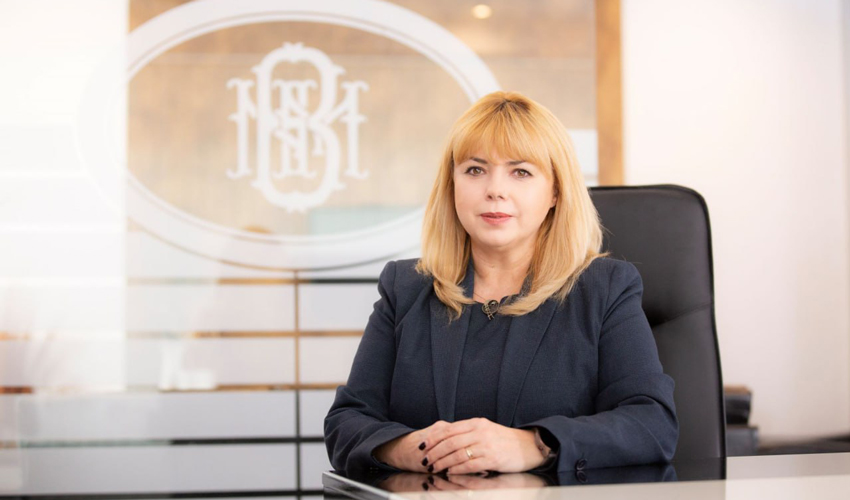
Among its advantages:
People save about 700 thousand lei per year on the purchase of household appliances, as well as from 100 to 200 kW of electricity per year (using one refrigerator as an example);
In 2024, 7.5 thousand families were able to renew their household goods by paying only 30% of their cost, and in February-March 2025 – another 8 thousand families. More than 9 thousand eco-vouchers have been prepared for the next stage.
The program stimulates the sale of household appliances, so it is economically beneficial for everyone – consumers, the state and suppliers of household appliances.
The main weak link of EcoVoucher is the collection and disposal of old equipment, as well as taxation.
So, according to the law, the importer is subject to “Extended Producer Responsibility”. This means that the supplier is obliged to either independently register a waste disposal association or conclude an agreement with one of such organizations that is engaged in the disposal of worn-out equipment of its members. In this case, the supplier pays an environmental fee to the association’s account, the amount of which is set by the association itself.
For example, the fee for one washing machine reaches 200 lei. For one refrigerator – also about 200 lei (5% of the price of the cheapest refrigerator and 1% of the price of an average-priced refrigerator).
As noted by the owner of the Bomba chain Mircea Baciu, in 2024 alone, the Bomba chain of stores paid 18 million lei in environmental fees, in accordance with the requirements of the law. However, there is no information on how this money is used and whether all market participants pay the environmental fee.
According to him, there are currently 14 such associations in Moldova and several more are preparing to register, while there is no control over whether used electrical equipment is exported from the country and in what specific quantities.
According to the heads of the Maximum and Hi-Tech networks, who participated in the discussion, there are a number of companies in Moldova that do not pay these environmental fees at all, which violates not only the laws, but also the principles of fair competition.
During the Club meeting, the State Secretary of the Ministry of Environment Grigore Stratulat confirmed that there have been no inspections of the activities of collective waste management associations yet, and the first data will be received after April 30, 2025, when they submit their annual reports.
The State Secretary agreed that there are indeed problems in waste management, the main one being the lack of proper infrastructure.
Read more about this problem in the Friday edition of the Logos Press newspaper













